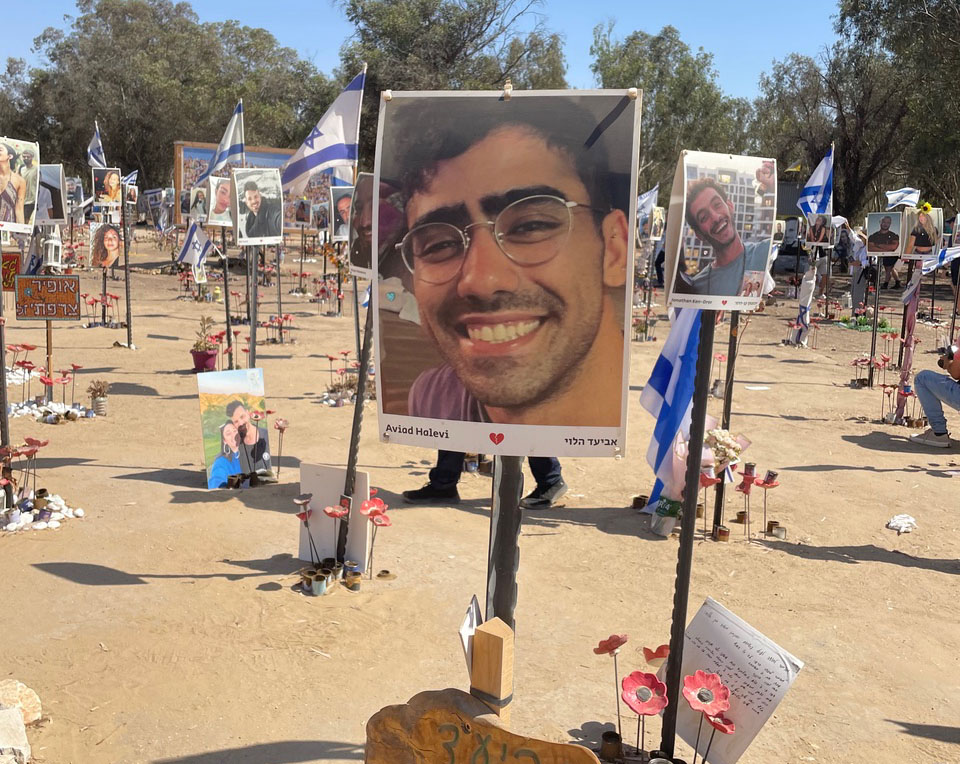
The Israelis I met in the Gaza envelope who told us stories about rebuilding their lives and towns after Oct. 7 probably don’t know about the Japanese art of Kintsugi. Neither do the many Israelis I’ve met on this trip who are also consumed with that notion of rebuilding.
They’re all dealing with a broken country.
Israel was broken by a catastrophic event that was quintessentially NOT Israeli. Israelis are used to feeling protected by a powerful army obsessed with its protection. Oct. 7 shattered that perception. The event wasn’t just tragic and horrific—it felt foreign. It shocked a people who is not easily shocked, who thought it had seen everything.
The country has been picking up the pieces ever since.
But while the inept political leadership seems to create only more broken pieces, Israelis themselves have gotten to work.
There is an energy in this country I can only describe as relentless busyness. Everyone is doing something. Forget the people of the book. These are the people of the hands. Millions of Israeli hands are in perpetual motion to rebuild or fix one thing or another.
These are hands bringing food and supplies to Israeli soldiers; hands rebuilding the printing press in Kibbutz Be’eri; hands building a synagogue in that same kibbutz; hands feeding and housing thousands of refugees who still can’t return home; hands setting up a memorial to the 364 young souls who perished at the Nova festival; hands mixing cement to rebuild homes; hands serving free food to troops at the Shefa junction; hands, hands, hands everywhere.
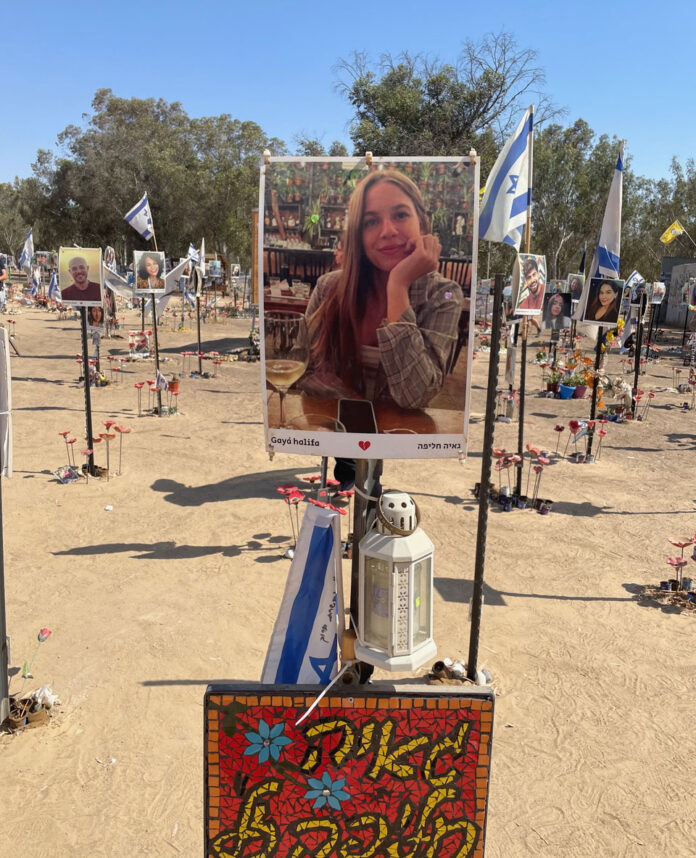
As I witnessed this relentless busyness, it struck me that only a few kilometers away, Hamas terrorists have also been busy with their hands– but to build tunnels and weapons.
Not all hands are created equal. Hands can break or fix; hands can create or destroy.
The ancient Japanese art of Kintsugi — which means “join with gold” — is the art of repairing broken objects, often ceramic pottery or glass. As I learned online, traditionally, gold lacquer is used to piece shards together again, creating a more beautiful object through the acts of breaking and repair.
Kintsugi encourages us to fix rather than discard, thus placing a higher value on the objects we bring into our lives.
In other words, through the restorative process of rebuilding a beloved object, we’re left with even more beauty than when we started.
I can’t help thinking this is what is happening in Israel—a people desperate to restore the beauty of something they love.
The most heart wrenching moment of the trip was surely the hundreds of beautiful faces at the memorial for the victims of the Nova festival.
Here again, Kintsugi comes into play.
It’s as if the memorial is there to remind Israelis of the human beauty that must be restored, to “join the broken pieces with gold.”
As I walked through a few of the destroyed homes in Be’eri, amidst the brokenness I noticed some signs of life, even beauty.
There was an abandoned toy barely visible through the dust, a faded painting on a wall, a burnt-out barbeque in a ruined backyard that suggested memories of family parties. Thousands of these relics have survived the day the country broke, each relic triggering memories of moments and lives lost.
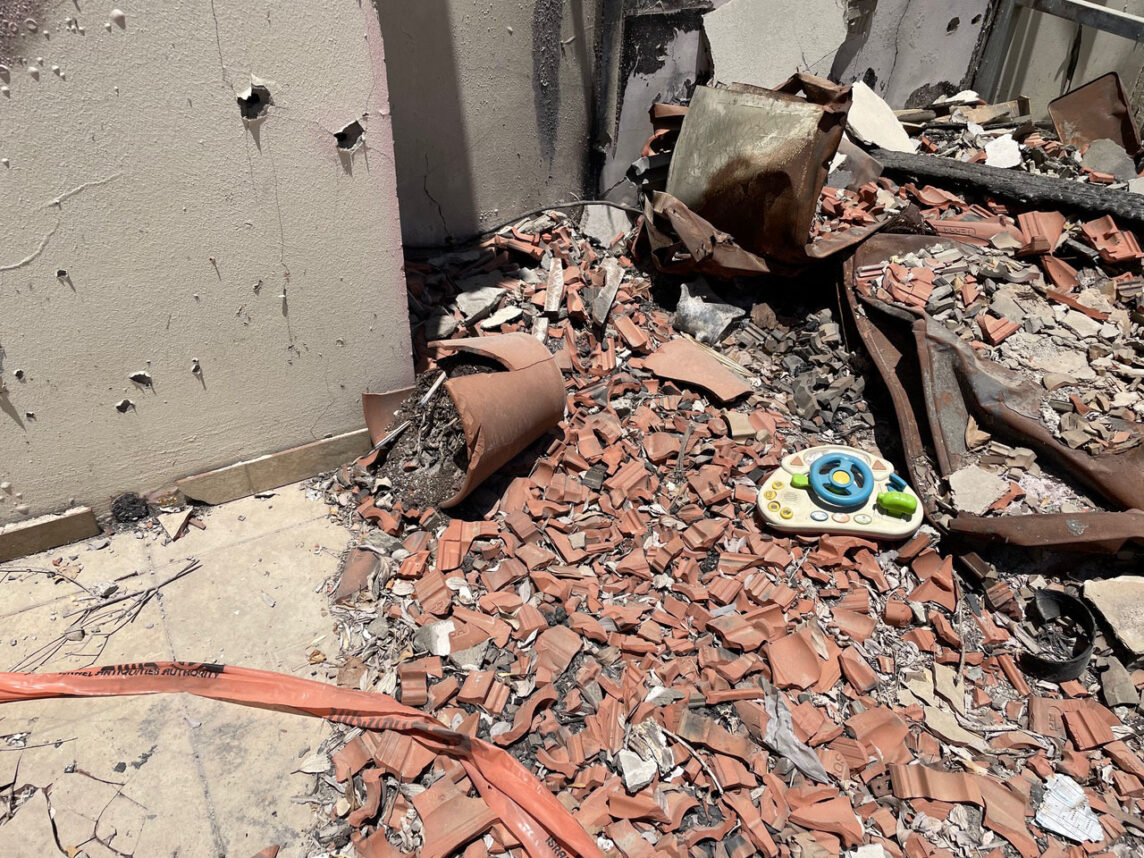
Those memories now comprise the beauty that must be restored. As shattered as they were by the shock of Oct. 7, Israelis seem equally driven to restore the beauty of what they love.
One of the concepts of Kintsugi is the idea of “mushin,” a mental flow that frees you from the angst of change and allows you to accept fate. I’m not sure if Israelis are ready to accept what befell them on Oct. 7, but it’s clear they’re dealing with the angst of change by being hyper busy putting the pieces back together.
If they continue on this path, regardless of what their leadership or what the rest of the world does, the love and the beauty of what they are restoring will only deepen.







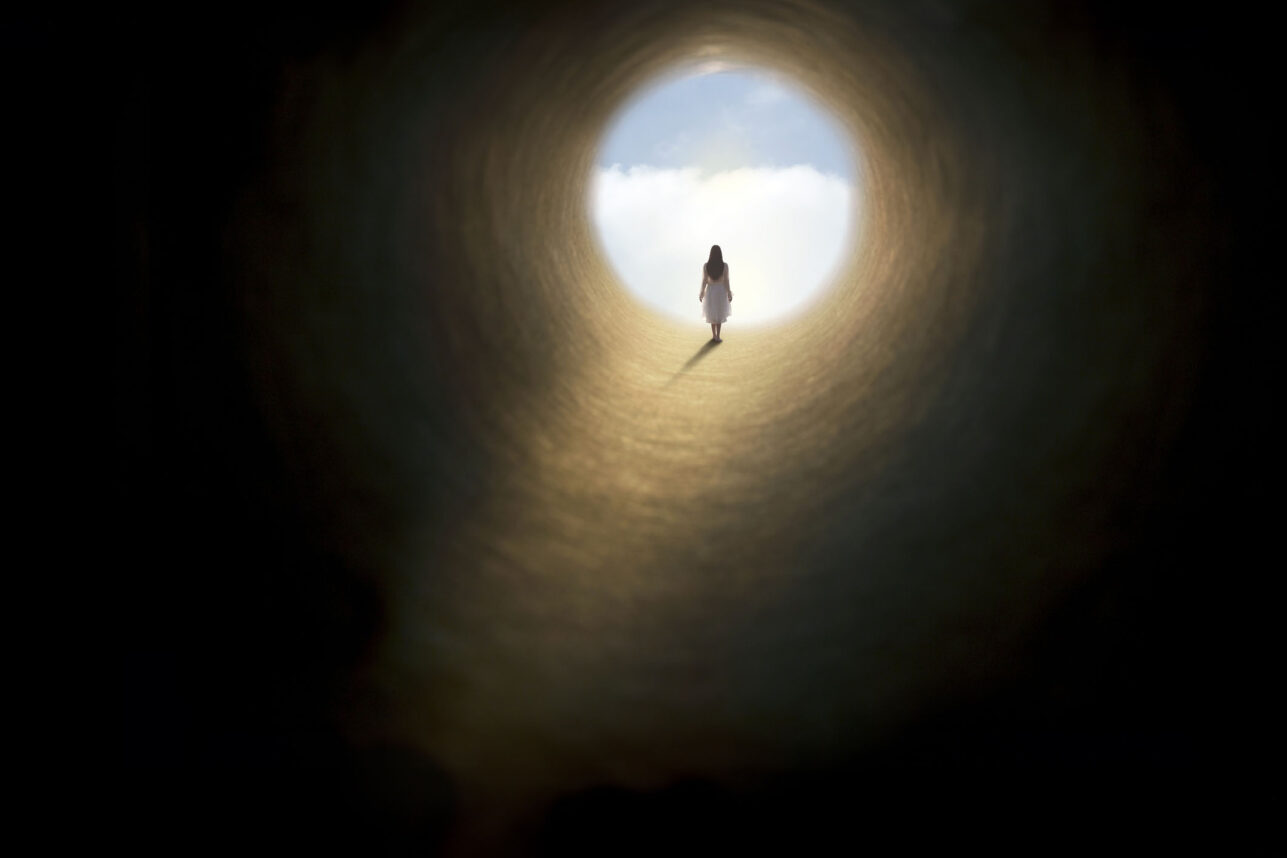
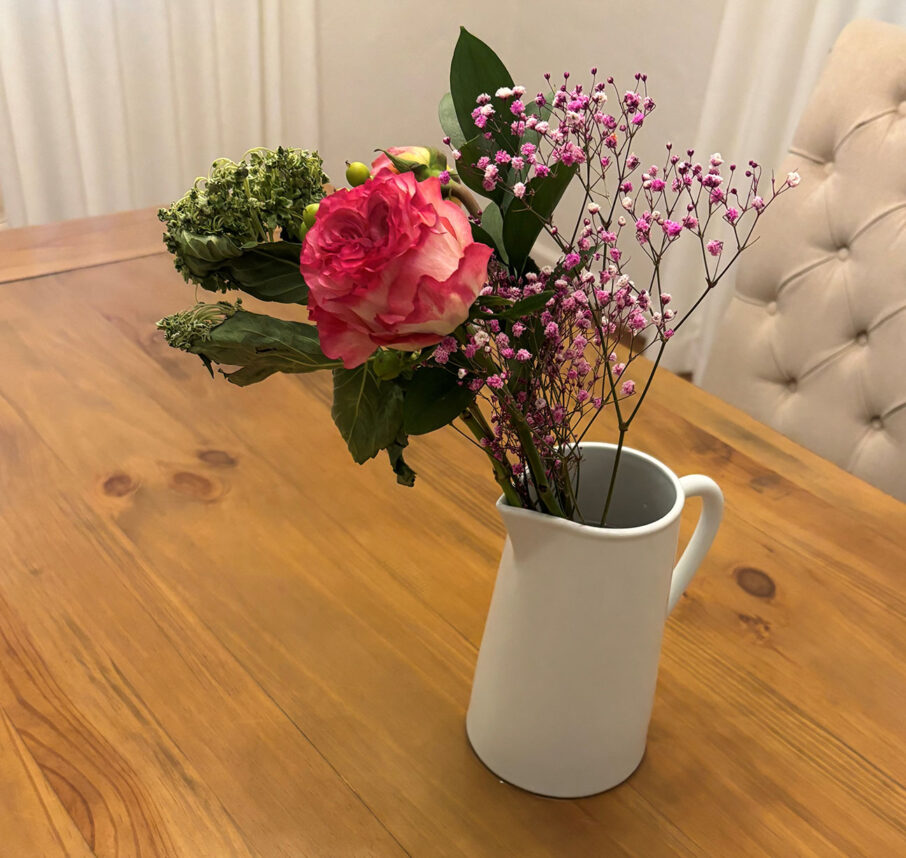

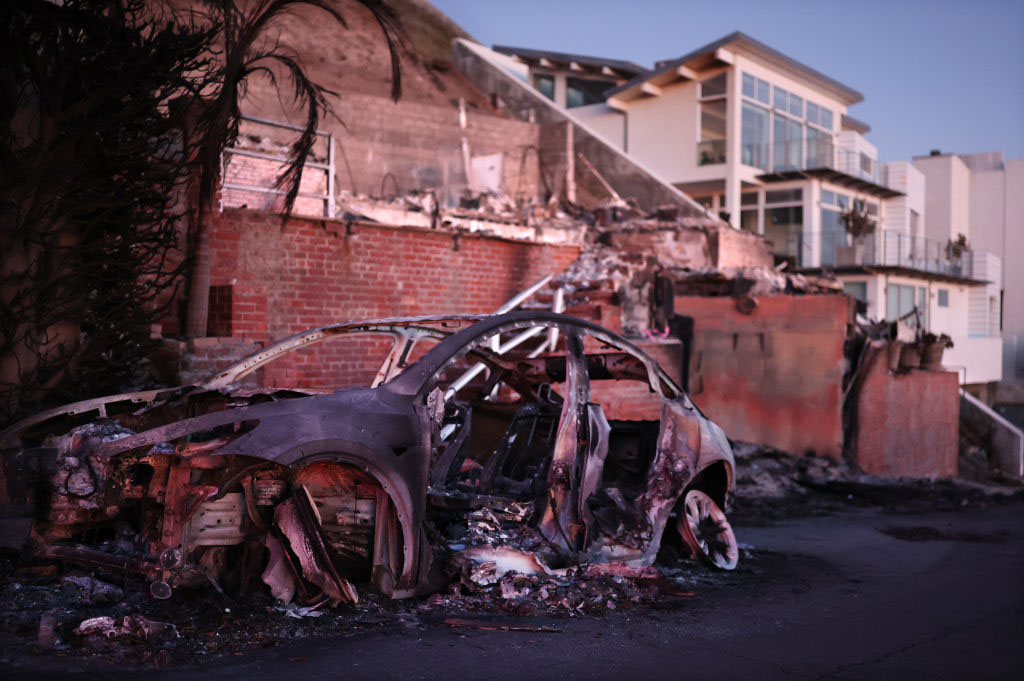


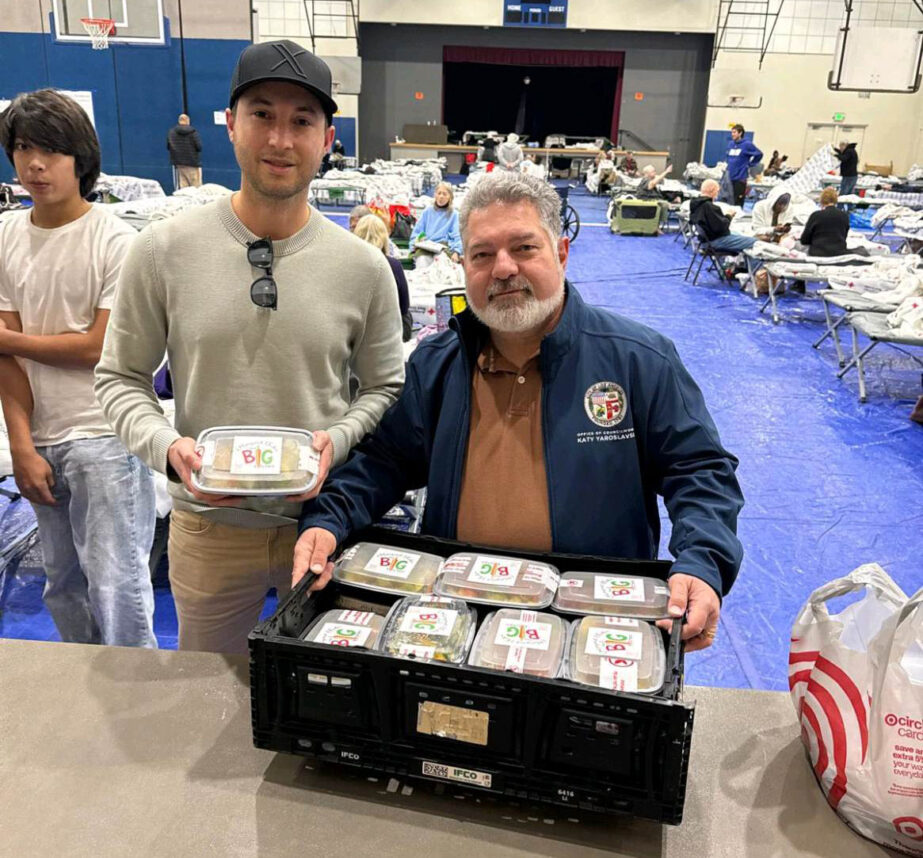

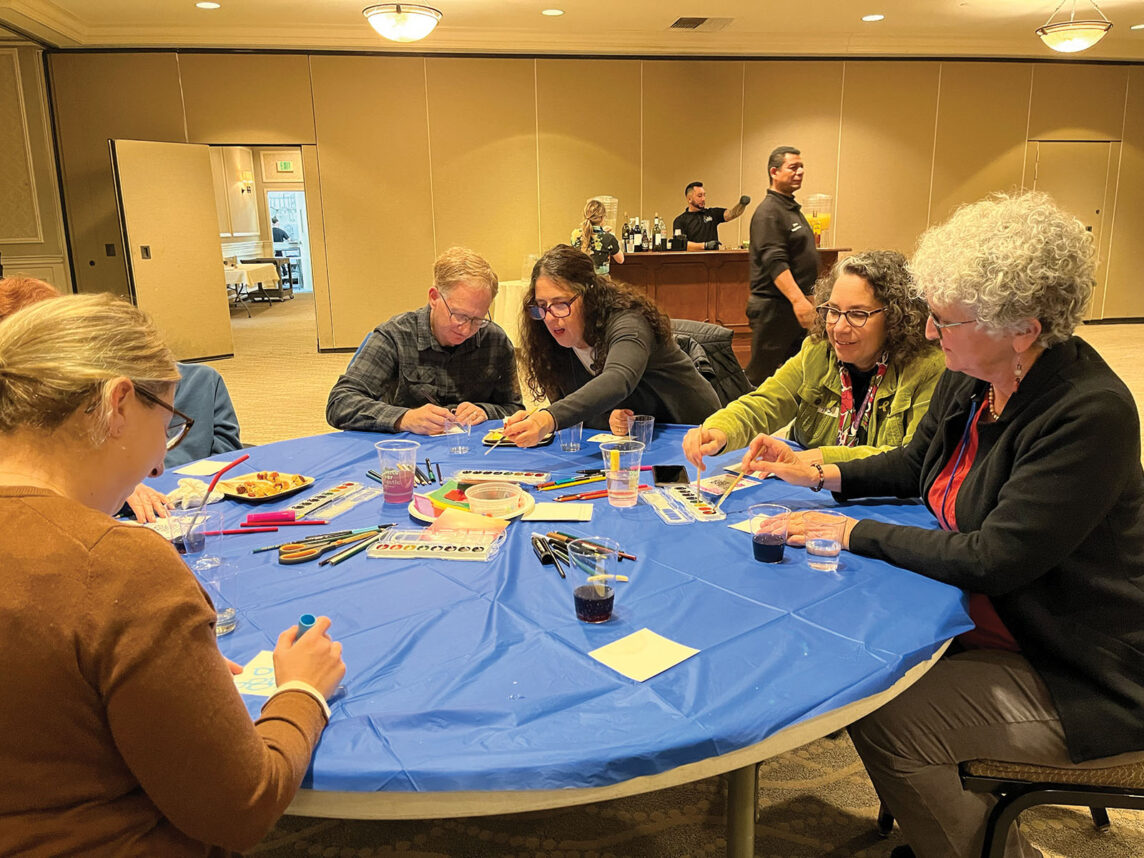
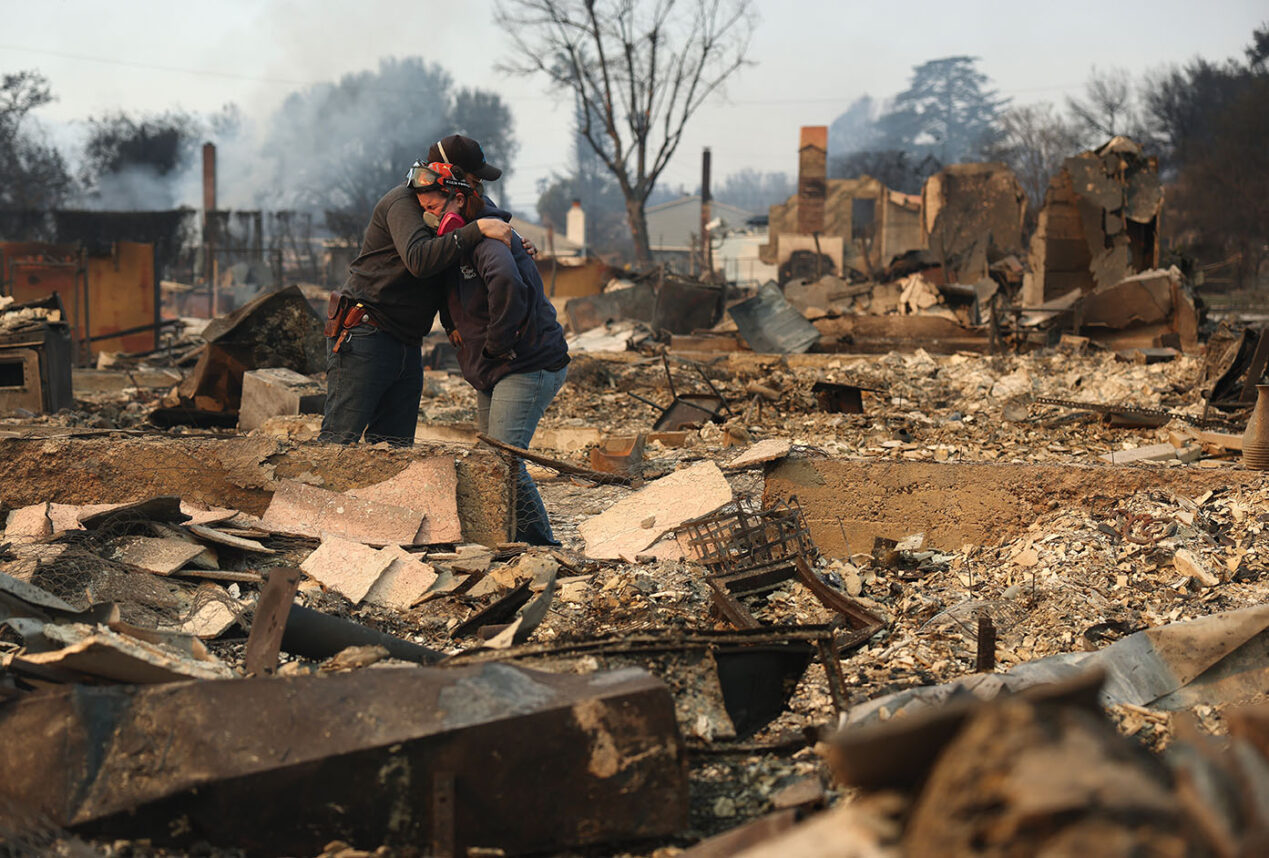



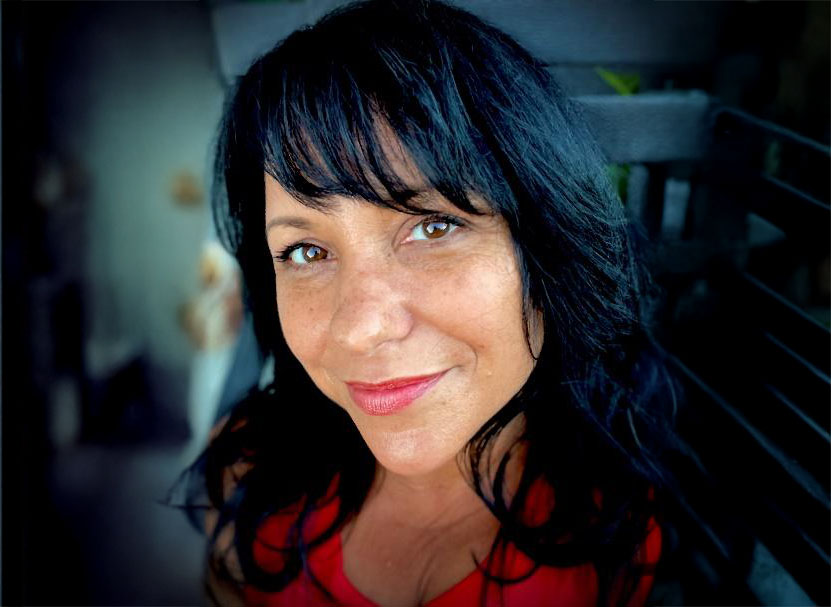
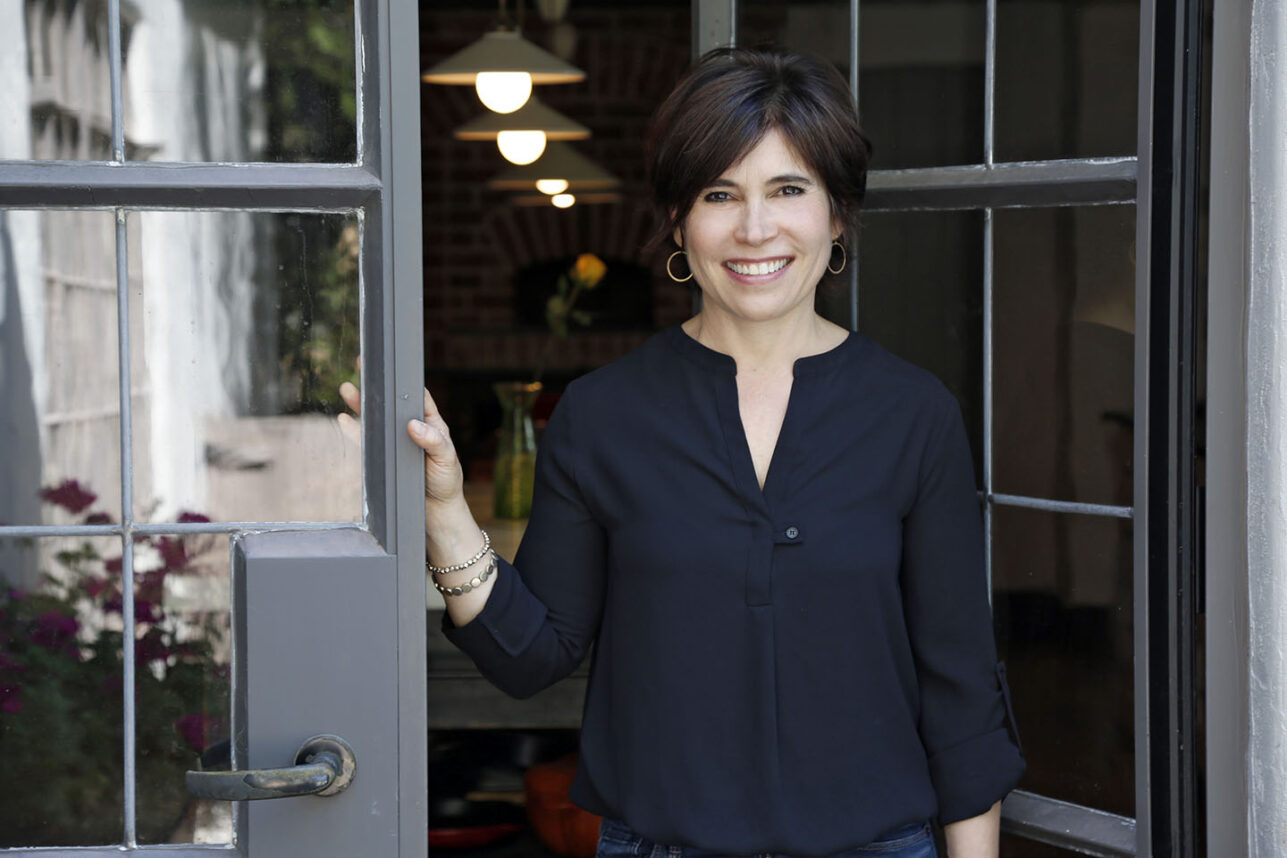

 More news and opinions than at a Shabbat dinner, right in your inbox.
More news and opinions than at a Shabbat dinner, right in your inbox.